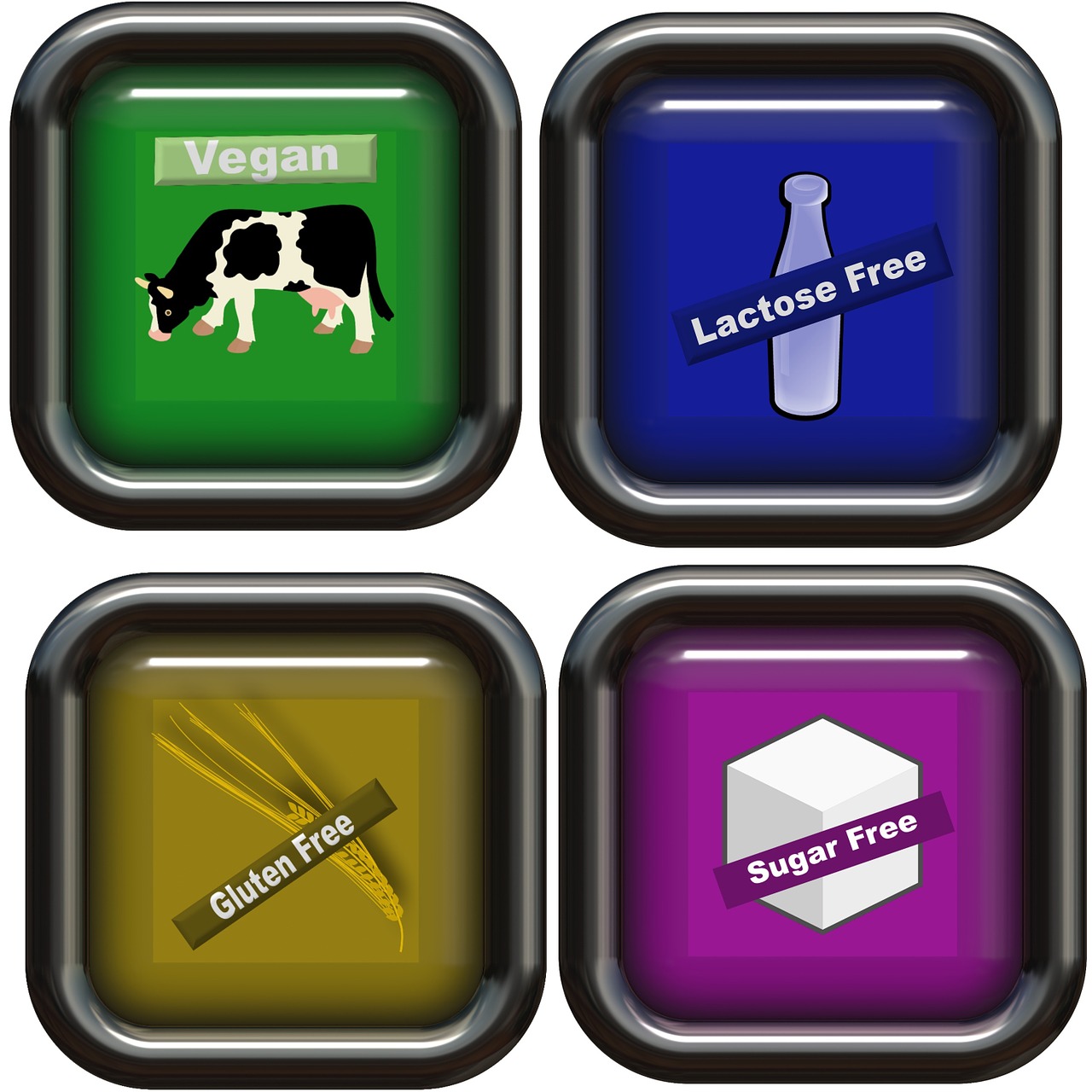Casein and gluten are proteins found in certain foods. Dairy products are the primary source of casein, while wheat is the main source of gluten. These proteins can trigger adverse health effects in individuals with allergies or intolerances. Surprisingly, some people may consume these ingredients regularly without even realizing it. If you fall into this latter category, it may be worthwhile to learn more about the connection between casein, gluten, and autism.
The Gluten Sensitivity Spectrum
Many people are gluten sensitive, but the majority of the population don’t even know they are. Non sensitivity (NCGS) sufferers often experience digestive issues, but sometimes they may feel brain fog or get minor headaches. NCGS patients can be advised to adopt a gluten-free diet to see if symptoms improve. If this does not help, then more drastic measures, such as Casein Free diet could be considered. Many products contain casein, which makes it impossible for those with autism to avoid these allergenic foods without making their own food at home.

Is Gluten Related to ASD (Autism Spectrum Disorder)?
When contemplating any diet for your child, it is crucial to weigh the pros and cons thoughtfully. It is worth noting that these diets may pose challenges if protein alternatives are not adequately incorporated. It is important to clarify that the intention of this post is not to advocate for or against such diets, but rather to provide reliable resources that can assist you in making an informed decision. Above all, it is strongly advised to discuss these options with your child’s doctor.
Food Allergies, Sensitivities, and Intolerances
A gluten free diet removes the gluten protein from food, which can reduce symptoms of autism. Many studies have found that individuals with autism spectrum disorder may improve after going on the diet. The sensitivities can make some feel better, but more research needs to be done on the topic. A gluten-free diet eliminates gluten-containing grains such as wheat, barley, rye, and oats. These grains are all considered high in FODMAPs (fermentable oligosaccharides) and low in prebiotics (non-fiber carbohydrates). These low levels of prebiotics can aggravate digestive problems such as Irritable Bowel Syndrome (IBS) or constipation.
Where Do We Go From Here?
The gluten free, casein-free diet has been shown to be helpful for some people with autism. The reasons for this are not clear, but we do know that something about the GFCF diet provides therapeutic benefit. We also know that something about the way a person eats can affect their brain chemistry in general (since what you eat does get into your bloodstream).
Discover more from Life After An ABA Classroom
Subscribe to get the latest posts sent to your email.
